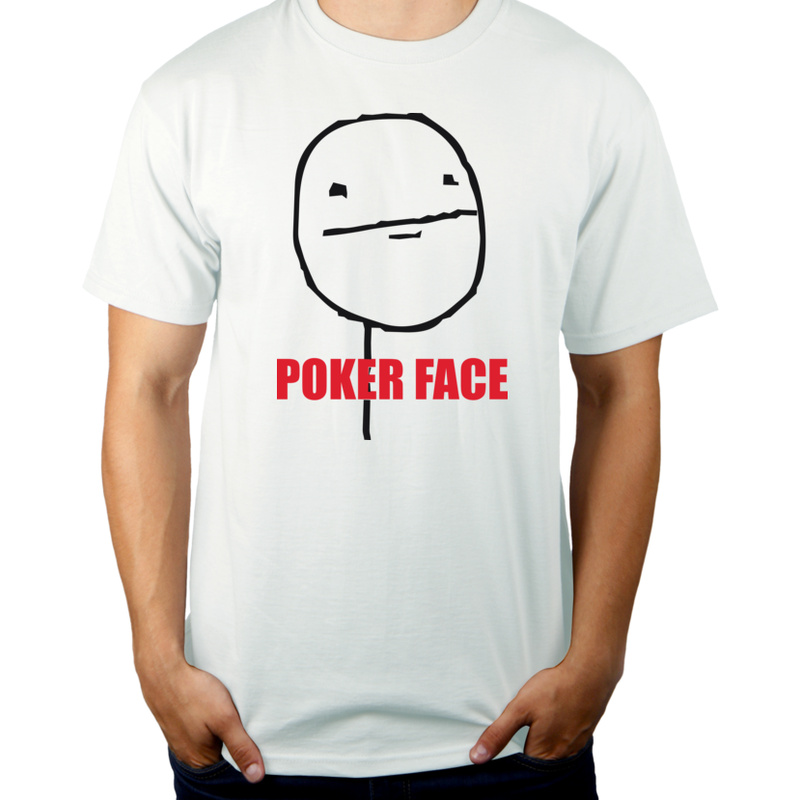There are plenty of ways that games and hobbies teach you skills that you can take out into the real world. A chess grandmaster is likely to work up a good handle on mathematics and strategy that would serve them well in any number of roles. Race jockeys will get to grips with the high pressure and rough and tumble of the course that might suit them in high-powered business roles. But poker, in some respects, is almost tailor-made for one particular job: trading.
 From the skill and strategy aspects that the game and industry have in common, to the psychological traits that help you do well in both, there are countless ways that poker can train your trading instincts. Poker is a game of patience and long-term strategy, and a poker face can certainly make you a better trader.
From the skill and strategy aspects that the game and industry have in common, to the psychological traits that help you do well in both, there are countless ways that poker can train your trading instincts. Poker is a game of patience and long-term strategy, and a poker face can certainly make you a better trader.
So, in the famous words of Lady Gaga, if you’re ‘bluffin’ with [your] muffin’, they won’t read your ‘p-p-p-poker face’.
Playing without Emotion
Speaking of Lady Gaga and her poker face, this is one of the key elements of poker that will help you become a better trader. Of course, the poker face refers to the emotions you show to the outside world. But it helps in poker and trading to remain Zen within. Playing high-stakes poker can help you get used to working in a pressure-cooker environment, where one wrong move (or eyebrow twitch) might lose you everything.
This is true (eyebrows aside) for trading. The stock market has spent millions on cables that shave milliseconds off of communication times, just to receive information an infinitesimally small fraction of a second quicker. Those are the kinds of margins you’re dealing with in trading, and that’s why dealing cards under pressure is the perfect training.
Developing Math Skills
While we don’t expect you to be counting cards, which is not only controversial but impossibly hard for most of us, poker will help you develop your math skills. With practice, you should get better at working out complex numbers at top speeds in your head. As Poker.org’s guide to calculating poker odds puts it, incorrect math will cause you to become a “long-term losing player.”
Focusing on Long-Term Gains
Despite all that talk of fractions of seconds, you’re in trading for the long game. You’ll learn from poker, then, to strategize beyond the here and now. Sometimes, you have to take a hit in the present as part of a longer game. And as long as you pick the right moments to win in the long run, you’ll be alright in both poker and trading.
Learning to Limit Losses
A big part of strategizing long term is learning to limit your losses. Poker will help you learn not to go all in on a risky deal. So, when that big trade option comes in a fraction of a second sooner than it might have – and you have a big decision to make – right or wrong, it won’t be a move that costs you everything. The thing is: sometimes you will lose big. That’s just the nature of the job. But the best traders know when to pack it in, rather than try to win everything back impatiently. Our Comparic assessment on risk management is a great next step in learning to limit losses.
Being Aware of Our Own Biases
Speaking of limiting losses, BehavioralEconomics.com describes the ‘sunk cost fallacy’, which shows that we invest more in things that have cost us rather than altering our investments. Similarly, the gambler’s fallacy is a bias that makes us think future possibilities are affected by past outcomes. Years of poker experience will help to rid us of such unhelpful biases.








![Reltex Group Reviews: Explore business opportunities by Trading [reltexg.com]](https://comparic.com/wp-content/uploads/2023/12/image001-218x150.jpg)
![Mayrsson TG Reviews: Why Choose Crypto-Trading with Them? [mayrssontg.com]](https://comparic.com/wp-content/uploads/2023/12/image1-218x150.jpg)



![Bitogrand Opinion: Leveraging Trade Indices [bitogrand.com]](https://comparic.com/wp-content/uploads/2023/09/bitogrand-218x150.png)




